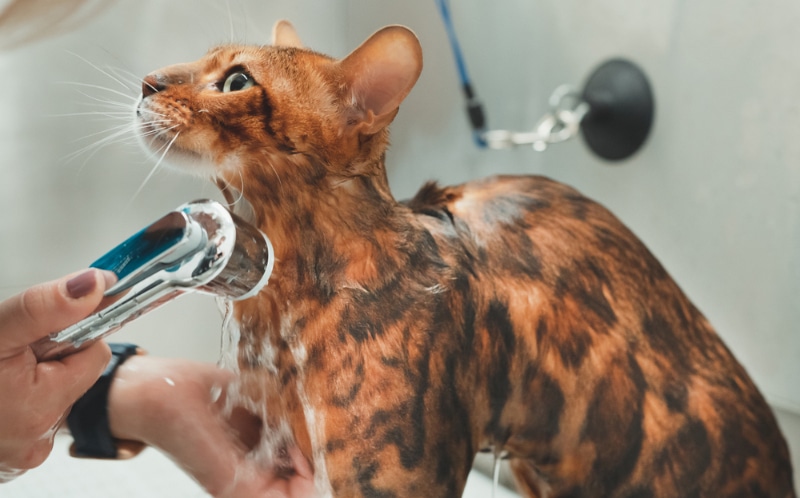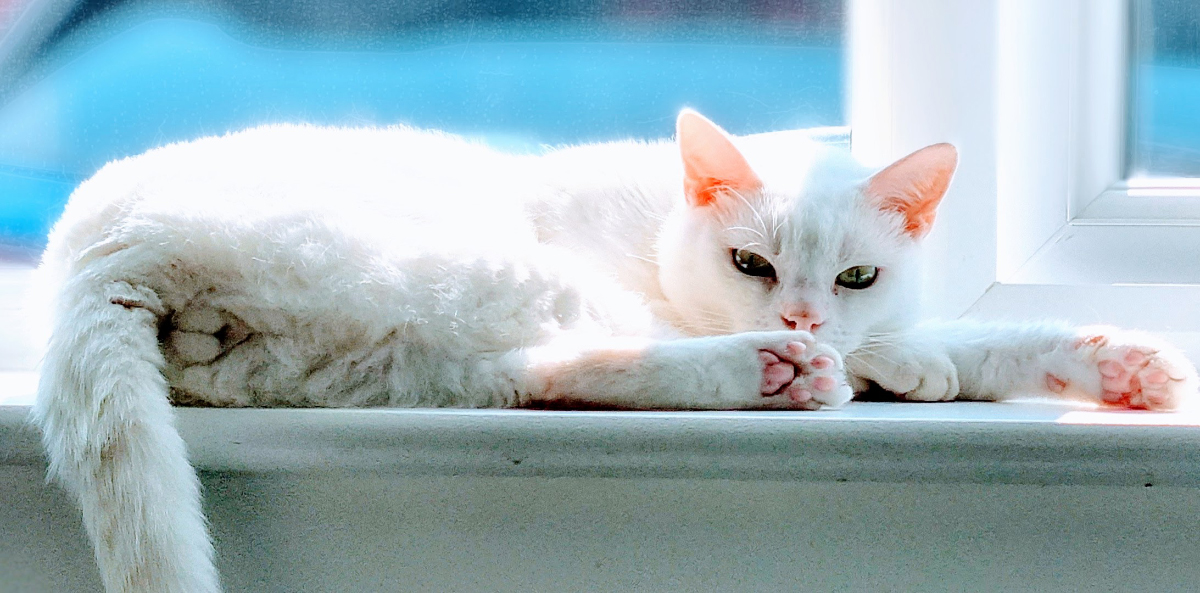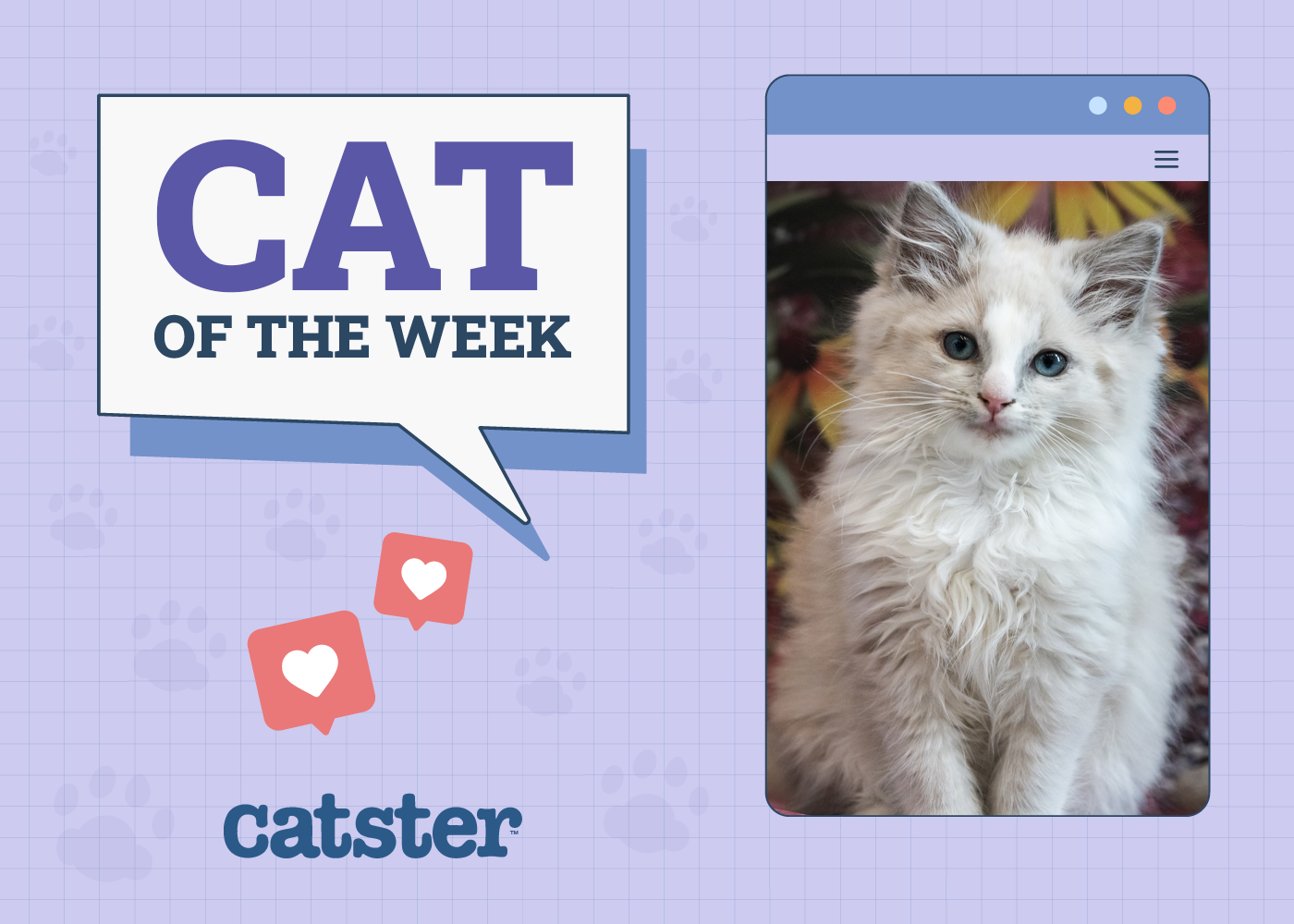The Savannah cat was developed by breeding the domestic cat with the wild African Serval cat to create a half-wild, half-domestic cat that is larger and more inclined to hunt than the typical housecat. However, these cats are also playful, lovable, sociable, and family friendly, just like the average domestic cat. Therefore, most people consider them to be great pets.
This doesn’t mean everyone and anyone can own one of these majestic designer felines, however. There are state laws to check to see if you can legally obtain a Savannah cat as a pet. It is legal to own a Savannah cat in some states; in other states, it’s considered illegal; and still others have certain restrictions. Here is what you need to know.

Some States Outlaw Savannah Cats Altogether
There are a few states throughout the United States of America that do not allow residents to own Savannah cats at all. These include Hawaii, Georgia, and Rhode Island. However, the states that completely outlaw Savannah cats are few and far between considering the whole country. All the other states allow some form of the Savannah cat, depending on their generation, or filial designation.
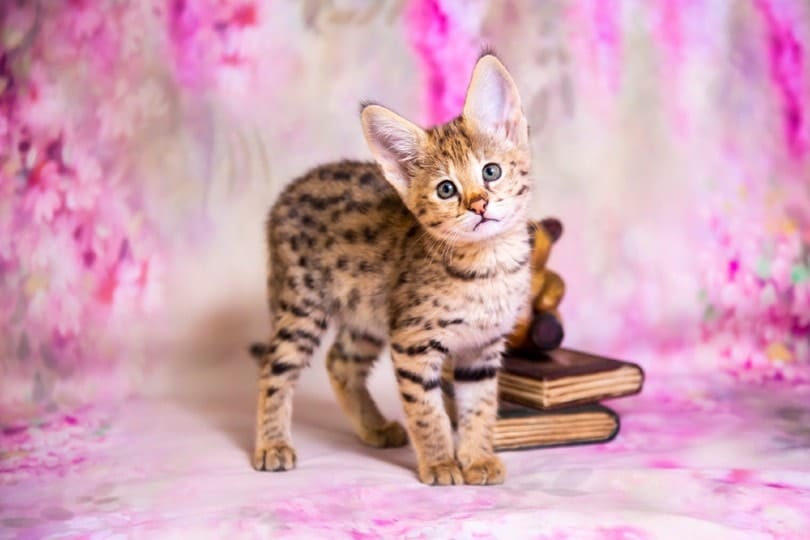
Many State Laws Are Based on the Savannah Cat’s Filial Designation
The Savannah cat breed is categorized into different filial designations, which are F1, F2, F3, and so on. The first filial designation means that one of the cat’s parents is a wild Serval cat. Each rank downward—second, third, fourth, etc.—means the Savannah cat is less and less wild. For example, an F3 Savannah cat will have great-grandparents that were Serval cats, making them well removed from the wild cat ancestry that they obtain.
States tend to base their laws on a Savannah cat’s filial designation. The further they are removed from their wild African Serval relative, the safer they’re considered for the average household. This isn’t to say that Savannah cats directly born from a wild African Serval are not suitable to own. It just means that state laws have been put in place to “protect” the common society.

Basic Laws Regarding Savannah Cats: State by State
The laws throughout the country differ from state to state when it comes to owning and caring for a Savannah cat. Some states prohibit them altogether, while others allow them on a full or permitted basis. Here’s what you should know about each state:
| Alabama | All Filial Designations Allowed |
| Alaska | F4 and Later Generations Allowed |
| Arizona | All Filial Designations Allowed |
| Arkansas | All Filial Designations Allowed |
| California | All Filial Designations Allowed |
| Colorado | F4 and Later Generations Allowed |
| Connecticut | All Filial Designations Allowed |
| Delaware | Permits Required |
| Florida | All Filial Designations Allowed |
| Georgia | Completely Illegal |
| Hawaii | Completely Illegal |
| Idaho | All Filial Designations Allowed |
| Illinois | All Filial Designations Allowed |
| Indiana | All Filial Designations Allowed |
| Iowa | F4 and Later Generations Allowed |
| Kansas | All Filial Designations Allowed |
| Kentucky | All Filial Designations Allowed |
| Louisiana | All Filial Designations Allowed |
| Maine | All Filial Designations Allowed |
| Maryland | All Filial Designations Under 30 Pounds |
| Massachusetts | F4 and Later Generations Allowed |
| Michigan | All Filial Designations Allowed |
| Minnesota | All Filial Designations Allowed |
| Mississippi | All Filial Designations Allowed |
| Missouri | All Filial Designations Allowed |
| Montana | All Filial Designations Allowed |
| Nebraska | Completely Illegal |
| Nevada | All Filial Designations Allowed |
| New Hampshire | F4 and Later Generations Allowed |
| New Jersey | All Filial Designations Allowed |
| New Mexico | All Filial Designations Allowed |
| New York | F5 and Later Generations Allowed |
| North Carolina | All Filial Designations Allowed |
| North Dakota | All Filial Designations Allowed |
| Ohio | All Filial Designations Allowed |
| Oklahoma | All Filial Designations Allowed |
| Oregon | All Filial Designations Allowed |
| Pennsylvania | All Filial Designations Allowed |
| Rhode Island | Completely Illegal |
| South Carolina | All Filial Designations Allowed |
| South Dakota | All Filial Designations Allowed |
| Tennessee | All Filial Designations Allowed |
| Texas | Illegal in Most Counties |
| Utah | All Filial Designations Allowed |
| Vermont | F4 and Later Generations Allowed |
| Virginia | All Filial Designations Allowed |
| Washington | All Filial Designations Allowed |
| West Virginia | All Filial Designations Allowed |
| Wisconsin | All Filial Designations Allowed |
| Wyoming | All Filial Designations Allowed |
 Steps to Take Before Deciding Whether to Buy a Savannah Cat
Steps to Take Before Deciding Whether to Buy a Savannah Cat
The first thing to do before deciding whether to buy a Savannah cat as a household pet is to contact your local authorities and find out the exact laws for owning this designer breed in your state and county. Some places require the approval of ownership via a permitting process. Some laws vary from county to county within a state, so it is crucial to find out the specific laws in your local area, not just at the state level.
You should also make sure you understand the personality, temperament, and general disposition of the Savannah cat so you can be sure the breed will be a good fit for your household overall. If you do decide to go ahead and buy a Savannah cat, find a reliable breeder to work with who is transparent and has all the required permits.
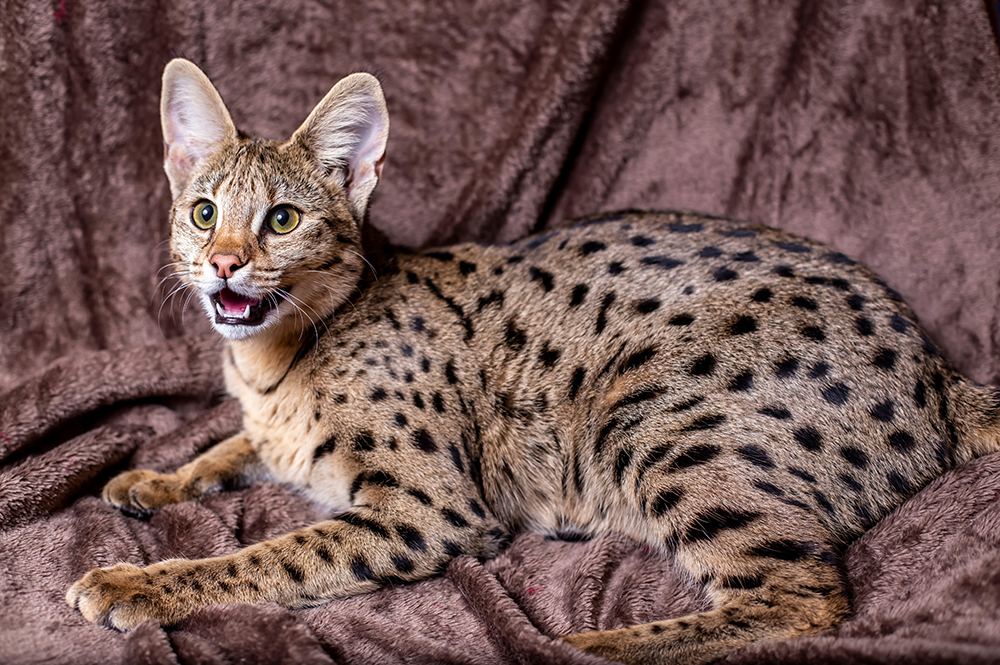

Conclusion
Savannah cats are welcome in many states throughout America, but that doesn’t mean it is legal for you to own one where you live. It is important to understand the filial designations given to this designer breed so you can be sure you’re in line with your local laws. Savannah cats can make good pets, but like any other cat breed, they are not for everyone. Do your homework before making a final decision as to whether you should get a Savannah cat as a pet.
See Also:
Featured Image Credit: Kolomenskaya Kseniya, Shutterstock




